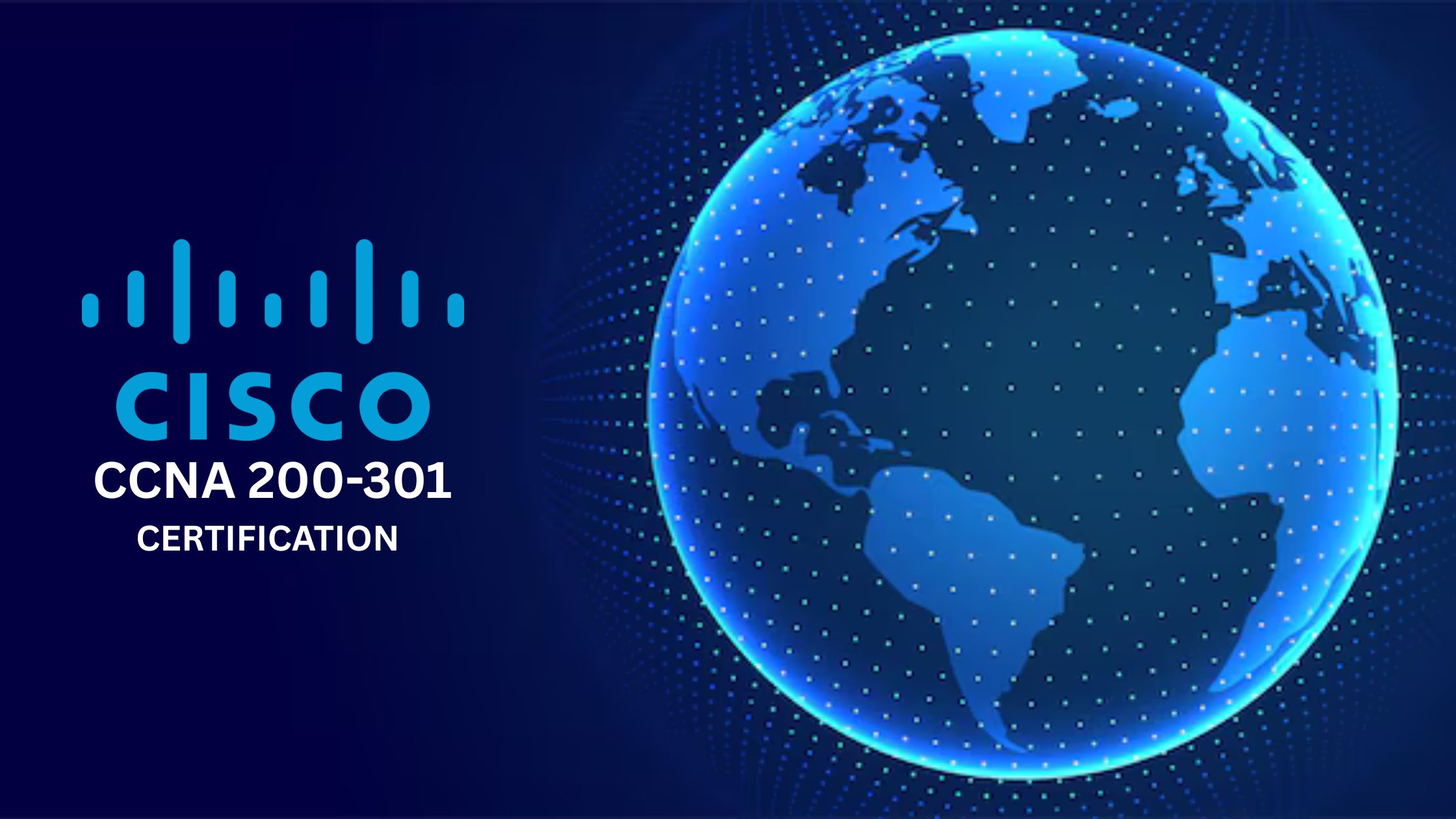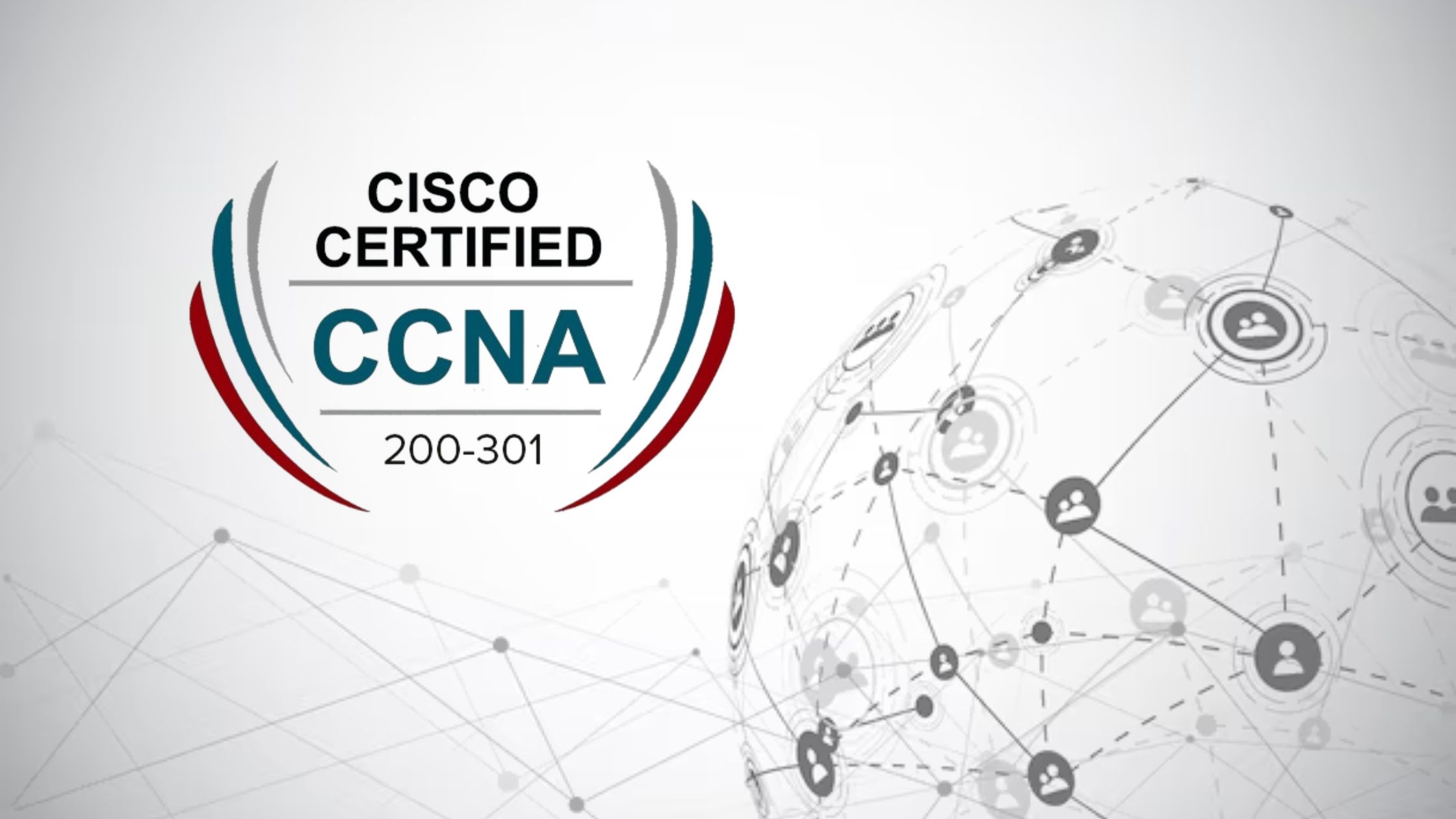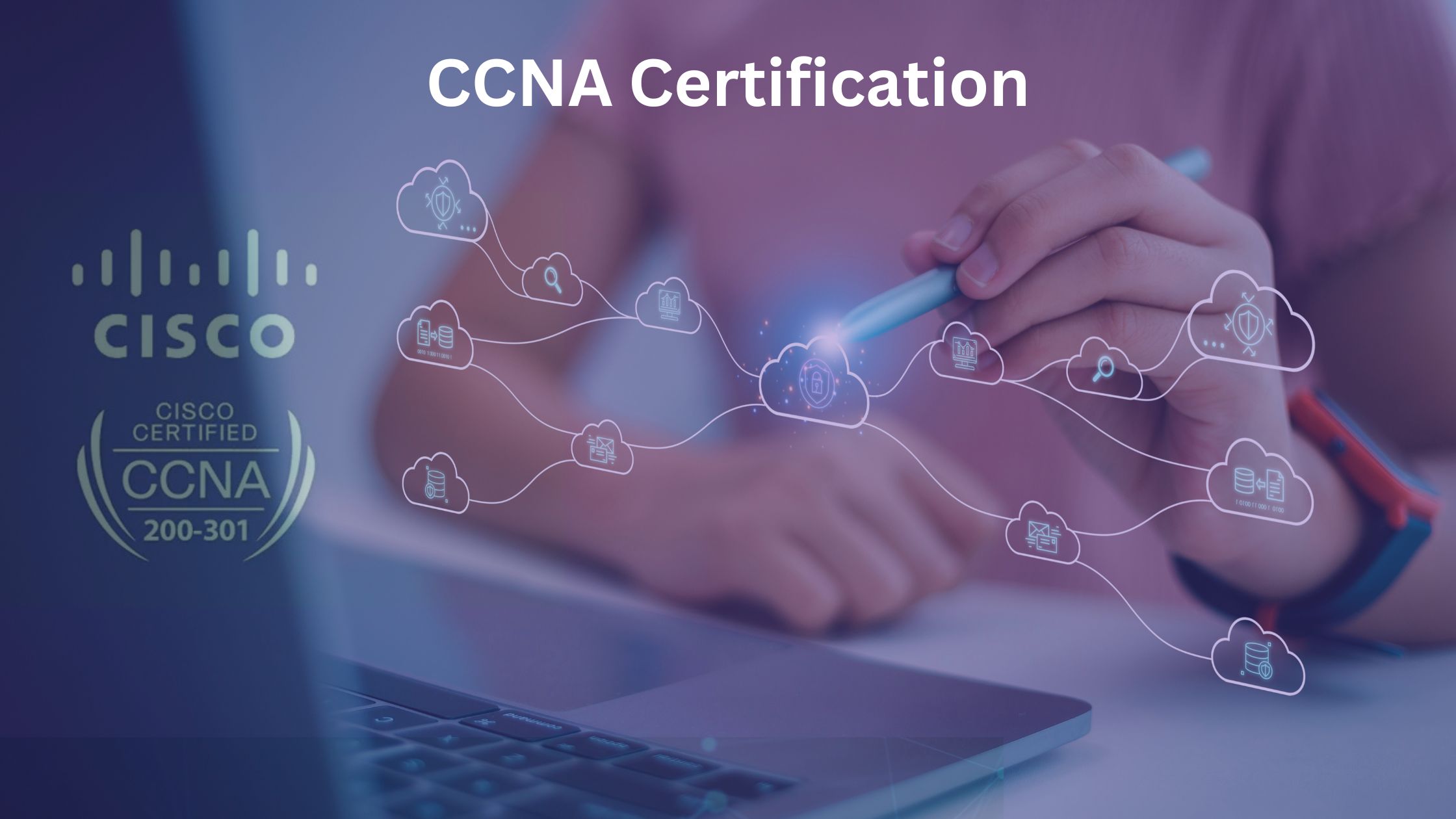Boost your IT career with the CCNA 200-301 Certification. Learn key exam domains, job opportunities in New York, and expert training tips for Cisco success.
In the rapidly evolving landscape of Information Technology, staying ahead of the curve is not just an advantage—it is a necessity. For those looking to establish a rock-solid foundation in networking, the CCNA 200-301 Certification remains the industry gold standard. Whether you are an aspiring technician or a seasoned professional looking to validate your skills, obtaining your CCNA in a competitive hub like New York can be the catalyst for a high-paying, lifelong career.
What is the CCNA 200-301 Certification?
The Cisco Certified Network Associate (CCNA) 200-301 is a comprehensive exam that covers a broad range of fundamentals based on the latest networking technologies, software development skills, and job roles. Unlike previous versions that required multiple exams for different specialties, the 200-301 consolidated these into a single, robust certification.By earning this credential, you demonstrate to employers that you have the expertise to program, install, operate, and troubleshoot medium-size routed and switched networks. In a city like New York, where infrastructure and connectivity are the lifeblood of global finance and media, this certification is highly prized.
Why Pursue CCNA 200-301 Certification in New York?
New York City is a global tech powerhouse. From Wall Street firms to Silicon Alley startups, the demand for certified network professionals is constant. Choosing to undergo CCNA 200-301 training in New York through a reputable provider like NYTCC offers several distinct advantages:
- Networking Opportunities: Training in NY connects you with local industry experts and peers.
- High Salary Potential: The average salary for a CCNA-certified professional in the USA ranges from $50,000 to $110,000 annually, with New York often leaning toward the higher end of that spectrum.
- Diverse Job Market: Certification opens doors to roles such as Network Administrator, Systems Engineer, and IT Support Specialist across various sectors.
Key Domains Covered in the CCNA 200-301 Exam
To pass the CCNA, candidates must master six critical domains. Each area ensures you are prepared for the modern challenges of network management.
1. Network Fundamentals
This domain covers the basics of networking, including routers, switches, cabling, and IPv4/IPv6 addressing. Understanding the OSI and TCP/IP models is essential here.
2. Network Access
Focuses on configuring and verifying VLANs, Interswitch connectivity, Layer 2 discovery protocols, and EtherChannel. It also covers the fundamentals of wireless networking.
3. IP Connectivity
This is the heart of routing. You will learn about IP routing tables, static routing, and the widely used OSPFv2 (Open Shortest Path First) protocol.
4. IP Services
Covers critical services like NAT (Network Address Translation), DHCP, and QoS (Quality of Service) to ensure network traffic is handled efficiently and securely.
5. Security Fundamentals
In an age of cyber threats, security is paramount. This section includes VPNs, access control lists (ACLs), and securing network device access.
6. Automation and Programmability
Modern networking involves more than just hardware; it involves code. You will be introduced to controller-based networking, APIs, and basic Python scripting for task automation.
Understanding the CCNA 200-301 Exam Format
Preparation is key to conquering the exam. Here is a quick breakdown of what to expect on test day:
- Duration: 120 Minutes
- Format: Multiple-choice, drag-and-drop, fill-in-the-blank, and simulations.
- Number of Questions: Approximately 100.
- Passing Score: 825 out of 1000.
- Validity: The certification is valid for 3 years.
Prerequisites and Target Audience
One of the best things about the CCNA 200-301 is its accessibility. While there are no formal prerequisites, Cisco recommends having at least one year of experience implementing and administering Cisco solutions.
Who should apply?
- Entry-level IT professionals.
- Network administrators and engineers.
- Help desk support technicians looking to level up.
- Students interested in a career in networking.
Secondary Keyword Integration: Cisco Training and Career Growth
While the CCNA is the primary focus, it is important to view it as part of a larger journey in Cisco Training. After achieving your CCNA, you can specialize further by pursuing the CCNP (Cisco Certified Network Professional) or exploring niche areas like Cybersecurity and Cloud Networking.In New York’s competitive market, continuous learning is the key to Career Growth. The foundational knowledge gained during your CCNA studies will make you more adaptable to new technologies as they emerge.
Frequently Asked Questions (FAQs)
1. Is the CCNA 200-301 exam hard?
The exam is comprehensive and requires a deep understanding of both theoretical concepts and practical applications. However, with the right training and hands-on lab practice, it is very achievable.
2. How long does it take to prepare for the CCNA?
On average, most candidates spend 3 to 6 months studying, depending on their prior experience. Intensive boot camps in New York can often shorten this timeframe.
3. Can I take the CCNA exam online?
Yes, Cisco offers the option to take the exam via an online proctored environment or at a physical Pearson VUE testing center.
4. What is the cost of the CCNA 200-301 exam?
The standard price for the CCNA 200-301 exam is $300 USD (plus applicable taxes).
5. Does the CCNA expire?
Yes, the certification is valid for three years. You can renew it by passing a higher-level exam or earning Continuing Education (CE) credits.
Conclusion
The CCNA 200-301 Certification is more than just a piece of paper; it is a gateway to a successful career in the IT industry. By mastering the fundamentals of routing, switching, security, and automation, you position yourself as a valuable asset to any organization.If you are ready to take the next step in your professional journey, enrolling in a dedicated training program is the best way to ensure success. With expert instructors, hands-on labs, and a curriculum tailored to the current market, you can confidently walk into the testing center and out with a credential that changes your life.Ready to start? Explore CCNA 200-301 training in New York at NYTCC and build the future you deserve today!



